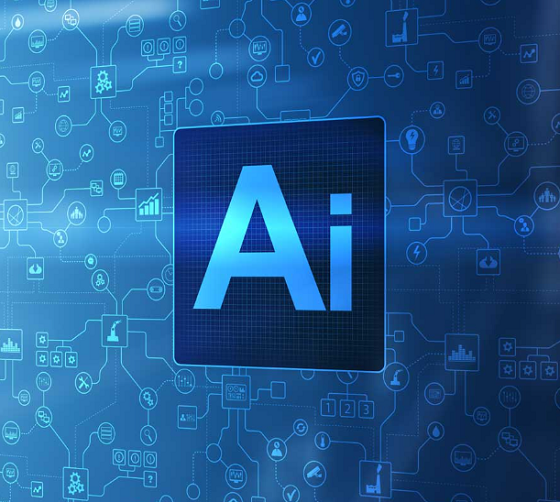Experts are divided on the potential impact of artificial intelligence (AI) on our economy. Some predict a tremendous boost in productivity and wealth generation, while others worry that the benefits might be unevenly distributed, benefiting only a privileged few.
Simon Johnson, a professor of global economics and management at MIT Sloan School of Management, believes we are at a critical juncture, facing a decision on which path to take with AI.
Supporters of AI envision a future of increased productivity and improved living standards. Consultancy McKinsey estimated that AI could add trillions of dollars in value annually to the economy, comparable to the current size of the U.S. economy.
Optimists even suggest that AI, alongside robots, could liberate humanity from mundane tasks, granting us more opportunities for creativity and leisure. However, concerns persist regarding the impact on jobs and livelihoods. Hollywood actors, for instance, went on strike in July, fearing that AI-generated duplicates could make them redundant.
History reveals that the economic outcomes of technological advancements are often uncertain, unequal, and sometimes harmful. A recent book by MIT economists Simon Johnson and Daron Acemoglu analyzed a millennium of technology and found that progress doesn’t always lead to widespread prosperity. For example, advancements like the spinning jenny in the 18th century increased working hours in harsh conditions, while the mechanical cotton gin facilitated the expansion of slavery in the American South during the 19th century.
The Internet, hailed for its productivity gains, has also contributed to wealth concentration among a few billionaires. While it created new job opportunities, many of them were low-skilled positions in sectors like the delivery chain for online purchases.
Predicting the effects of AI on labor productivity remains challenging, and there are reasons to be cautious. In a globalized economy, the gains from AI might not be evenly distributed. There’s a risk of a “race to the bottom” among governments competing for AI investment with lax regulations, leaving poorer countries behind due to high barriers to entry.
To ensure a more equitable distribution of AI benefits, experts call for international cooperation and regulation. Stefano Scarpetta, Director of Employment, Labour, and Social Affairs at the OECD, advocates expanding agreements among G7 powers to collectively address the opportunities and challenges of generative AI.
Moreover, the political landscape plays a crucial role in determining how AI will impact society. In the past, advances like railways were more widely enjoyed thanks to democratic reforms. However, in recent decades, aggressive shareholder capitalism has resulted in technologies like automated self-checkouts benefiting only the companies’ bottom line, without significant benefits for workers or consumers.
Worker groups, which have lost influence since the 1980s, view AI as a potential threat to workers’ rights and job security, especially if it lacks human oversight in hiring and firing decisions. Strengthening unions’ rights and collective bargaining power is one step toward making AI work for everyone.
Ultimately, how AI shapes our economic lives will depend on multiple factors, such as antitrust policies to ensure fair competition among AI suppliers and effective workforce retraining programs. An OECD survey indicates that AI could positively impact job satisfaction, health, and wages, but there are also concerns about privacy, biases, and overwork.
The big question is whether AI will worsen existing inequalities or, with proper management, contribute to a fairer society. As we navigate this AI-driven future, it’s crucial to strike a balance between its potential benefits and the need for equitable distribution to create a more inclusive economy.










